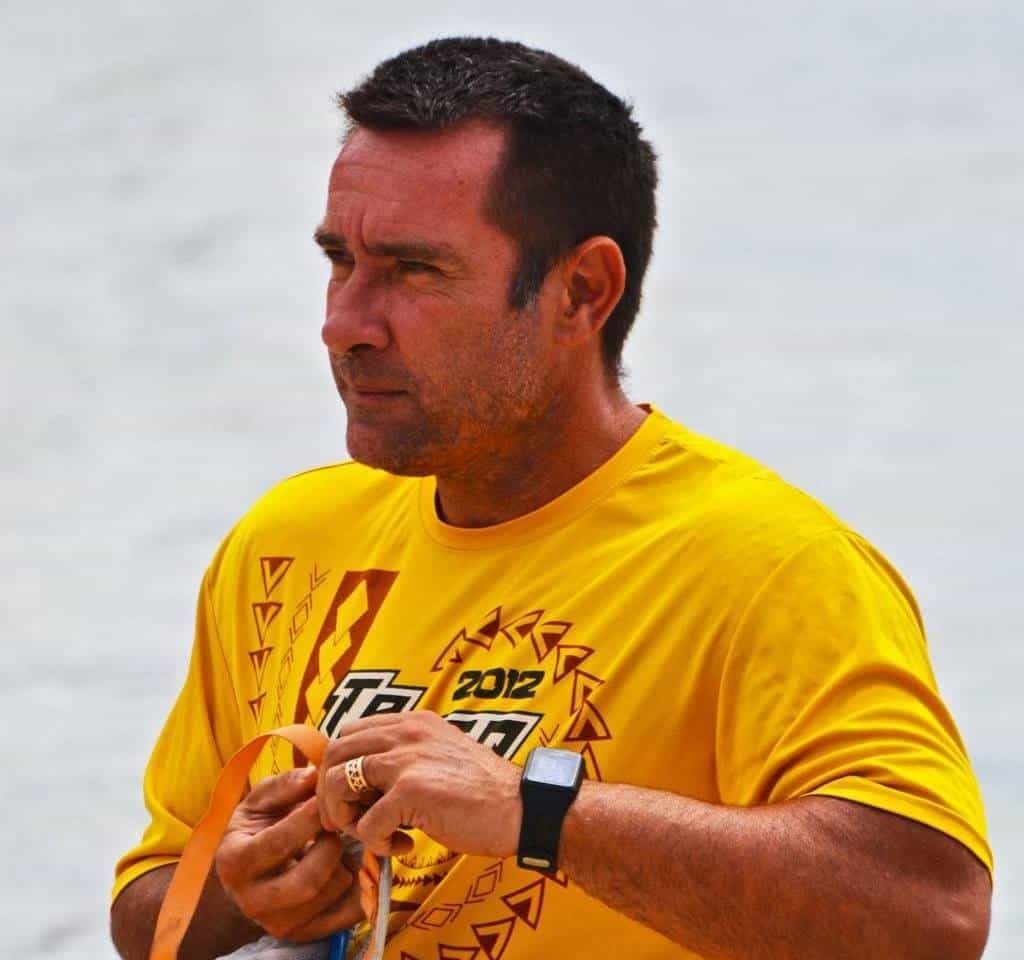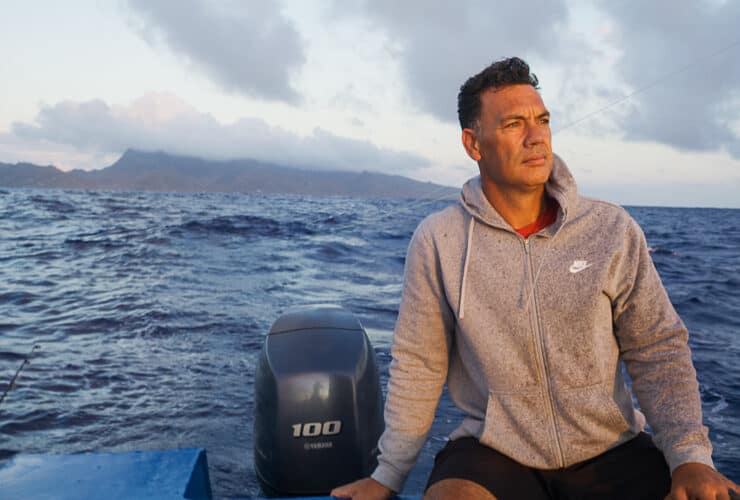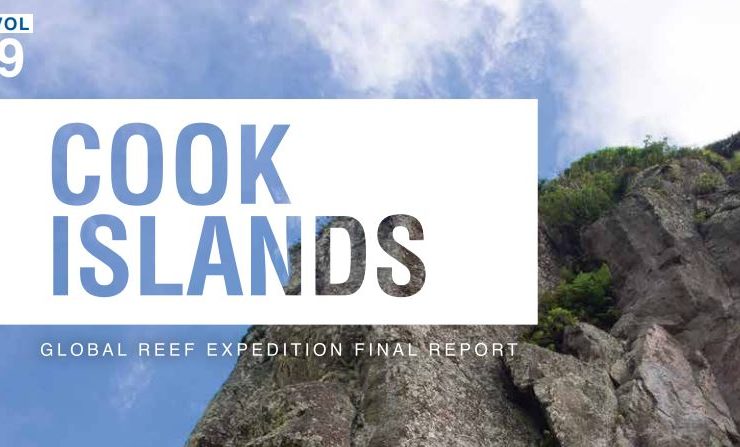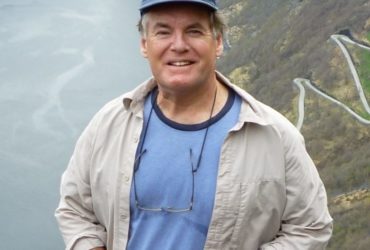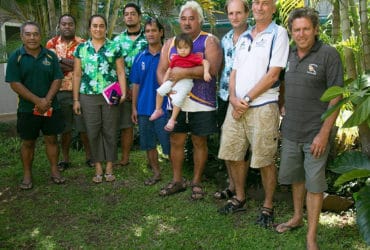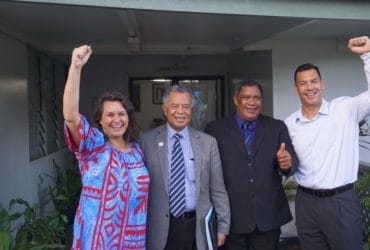Marae Moana Marine Park becomes “a real thing”
Thursday December 20, 2018
Recently Cook Islands Chamber of Commerce president Tangata Fletcher Melvin, had a conversation with Marae Moana director Jacqui Evans that changed the way he understands the marine park. It was not, he realised, a marketing ploy, but a solid legal framework that allows for coordination of conservation and more responsible economic development. “I started to realise how much legislation is already in place,” he says. “I think a lot of people think (Marae Moana) is just in the concept stage. … I came away feeling like it’s quite concerning that there’s no funding stream in place.” He points out that only a small minority of people attends public meetings so there are still many who are largely uninformed.
This view is supported by surveys commissioned by the Marae Moana Coordination Office, which reveal most people do not understand what Marae Moana is, what it is intended to be, and why it matters. Perhaps this is because Marae Moana has been leveraged as a marketing tool in speeches and publications with international reach, though the work of zoning the park has yet to begin.
While the exclusion zones are supported by the law, marine spatial planning—the process of using science and consultation to figure out what should be permitted in which zones—has yet to take place. “Cook Islands Tourism constantly markets the Cook Islands as being a clean, green, happy place, and while we don’t want to disagree with that, we also take that with a pinch of salt, knowing that we have our problems too,” Melvin says. “We spend a lot of time when there is a problem keeping it out of the media and dealing with it in the background. That’s the marketing of tourism.
People have this idea that (Marae Moana) is another form of marketing.” As a business owner who believes in sustainable economic development and responsible tourism, he believes Marae Moana is, in fact, a key marketing tool. What he’s saying, though, is that responsible marine management is integral to life, culture, and a healthy resource base capable of sustaining industry, so it’s important that Marae Moana is more than just talk. “You have the PM getting really positive feedback around what the Cook Islands is doing, and on the flipside you’ve got the seabed mining project taking place, though there isn’t enough evidence to suggest that it will be good or bad. I just think we’ve got to be really careful on what happens next.”
What happens next will be shaped by an informed, educated, and involved public, he says. “Whether it be the Te Mato Vai project or the Manatua cable project, there are so many things taking place now that are seen to be more important. “When Jacqui talks about Marae Moana, you start thinking okay, I can sort of see where this is going. “More people need to know about all this.”
Reference: Marae Moana Central to NES Work


